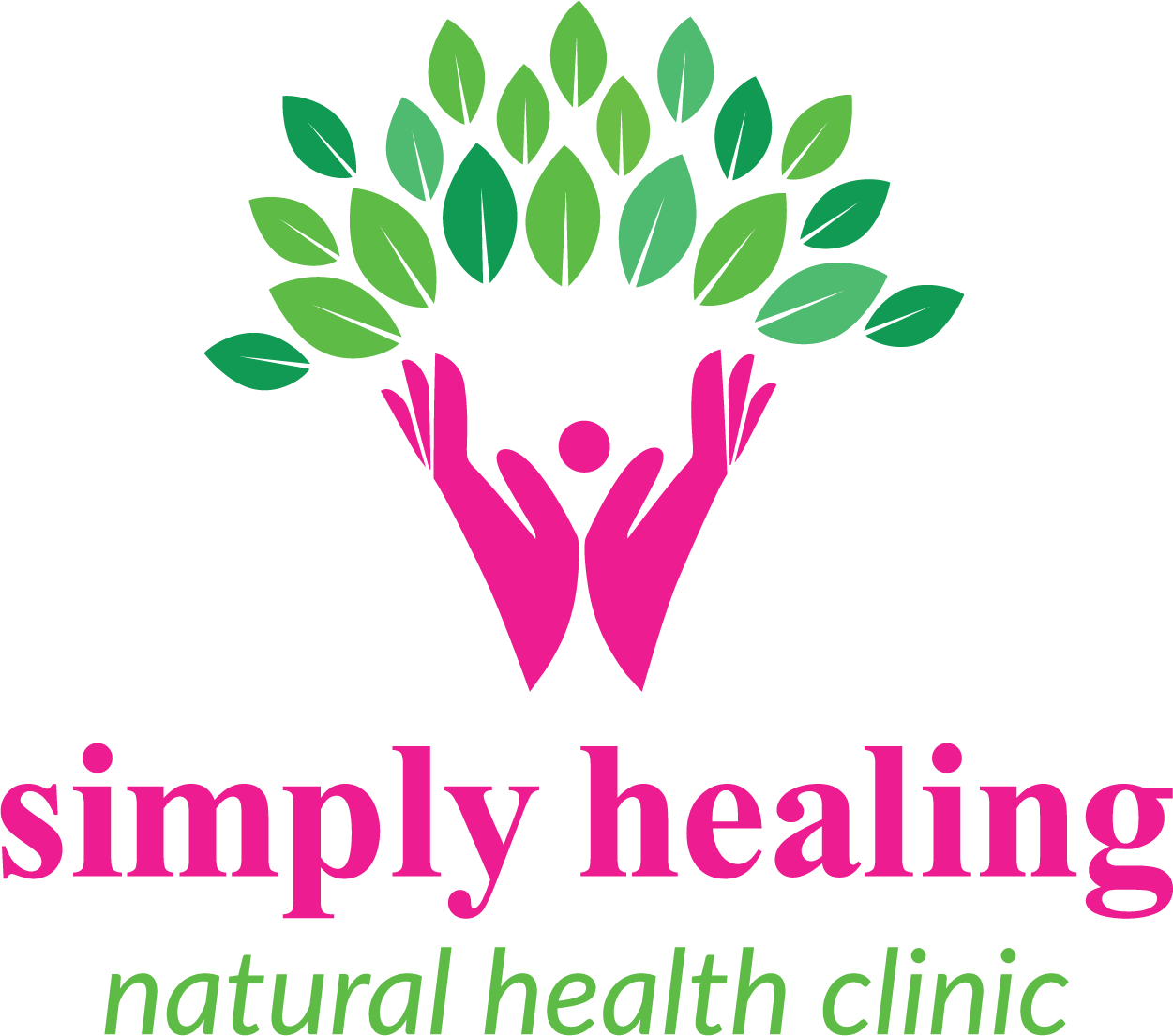Perimenopause vs Menopause: 6 Key Differences Every Woman Should Know
Is it Peri or Pause? Let’s clear up the confusion.
Perimenopause vs Menopause: What’s the Difference?
Confused? Yep, it’s a confusing time. And it doesn’t help that until recently, hardly anyone talked about it openly. I want to demystify the difference between perimenopause and menopause, because it shouldn’t feel scary—and you deserve to know where you’re at in life.
We want to know what’s happening, when it might end, and whether we should be worried. The good news? This is a natural process. Your hormones are supposed to be a little out of whack right now.
It’s okay to feel a bit “off,” a little unsettled, and in need of space to adjust.
What’s not okay is when symptoms stop us from living fully. Those need to be addressed—and you don’t have to put up with them.
1. Age Range
The first (and most obvious) difference in the perimenopause vs menopause conversation is age.
Perimenopause can start as early as 35 (less common) but is usually seen in the mid to late 40s.
Menopause tends to arrive in the early 50s—but some women experience it earlier or later. Everyone’s timeline is a bit different.
2. Periods & Menstrual Cycles
In perimenopause, we’re still cycling—so yes, periods are still happening. But they’re often irregular. You might notice heavier bleeding, shorter cycles (periods coming closer together), or longer stretches between periods as you approach menopause.
Menopause means the complete pause of your cycle. But you can only officially say you’ve reached menopause once you’ve gone 12 consecutive months with no period. After that? No more bleeding. But symptoms like anxiety, insomnia, exhaustion, weight gain, and hot flushes often continue for a while.
3. Vaginal & Skin Dryness
In early perimenopause, vaginal lubrication may still be okay because oestrogen is fluctuating. But as oestrogen drops further toward menopause, dryness can become more noticeable. This includes:
Vaginal dryness or atrophy
Dry skin or hair
Dry eyes
These are common signs the body is transitioning from perimenopause into menopause.
4. Fertility
Yes—you can still get pregnant during perimenopause. Even with irregular cycles, eggs are still being released (though not consistently).
Once menopause hits, fertility stops completely.
So, if you’re in perimenopause and don’t want a baby, keep using contraception. It’s rare, but not impossible to fall pregnant at this time.
5. Hormonal Fluctuations
Oestrogen and progesterone aren’t the only players in the hormonal game.
During perimenopause, levels of follicle-stimulating hormone (FSH) can spike as your body gives ovulation one last push. After menopause, FSH levels drop off.
Testosterone also declines throughout perimenopause and menopause, but interestingly? It often increases again after age 65. The body is full of surprises!
(P.S. This might explain where the phrase “cranky old woman” came from. Personally, I think by that point we’ve earned the right to say what we think!)
6. Mood & Mental Health
Mood swings, irritability, and anxiety often peak during perimenopause—and tend to settle post-menopause. This is because, while hormone levels are lower after menopause, they at least stabilise into a consistent (if reduced) rhythm.
It doesn’t mean we suddenly become peaceful monks overnight—but it’s often a more emotionally stable place.
So... Perimenopause or Menopause? Does It Matter?
Yes, it does!
If you haven’t had a period for over two years and suddenly start bleeding—that needs medical attention.
If you’re in your 40s or 50s and ticking most of the symptom boxes, chances are you're in perimenopause or approaching menopause. But don’t assume everything is hormone-related—thyroid issues, insulin resistance, and other health concerns are also common at this stage of life.
No matter which phase you’re in, you don’t have to suffer.
Ready for Support?
Whether you're navigating perimenopause or menopause, I can help you:
Reduce hot flushes and night sweats
Sleep better
Ease dryness and discomfort
Smooth the hormonal ride
💻 Book your appointment here:
https://simply-healing.simplecliniconline.com/diary
I’d love to meet you and support you through this powerful transition.



